DU prof G N Saibaba dies months after decade-long legal battle and acquittal in Maoist case
Hyderabad: Former Delhi University professor G N Saibaba, who was incarcerated for a decade in connection with alleged Maoist links and was acquitted earlier this year, passed away late Saturday evening, media reports said.
The 57-year-old passed away due to post-operative complications following surgery for gallbladder stones, reported India Express.
Wheelchair-bound, Saibaba had been receiving treatment at the Nizam’s Institute of Medical Sciences in Hyderabad, where he had been admitted 10 days earlier due to deteriorating health.
According to his aides, he suffered a heart attack around 8 pm and was pronounced dead at 8:30 pm.
A former English professor, Saibaba was acquitted by the Nagpur Bench of the Bombay High Court on March 5 and was released from Nagpur Central Jail on March 7.
One of his aides Deepak Kumar, who was also a part of the Defence Committee, said Saibaba was suffering from extreme pain in the gallbladder.
“We took him to a hospital in Vasant Kunj and also to AIIMS but we finally decided to admit him to NIMS in Hyderabad as we had family there and thought it would be a time taking procedure,” he told The Indian Express.
“He always spoke about getting his health better and getting back to his work for human rights. He also wanted to teach. His gallbladder was removed early this month; the surgery was successful and he was recovering. When I last spoke to him on October 6, we sounded alright. He asked me about a recent protest I had held, but his health started to derail around October 7,” Kumar said, adding that Saibaba had been having fever since Friday night.
Saibaba was also actively pursuing legal action to regain his position at Delhi University, according to close aides who spoke to The Indian Express. The most recent hearing for the case took place in September this year.
Saibaba was arrested on May 9, 2014, along with several others, by the Gadchiroli police in Maharashtra on charges of being members of the banned Communist Party of India (Maoist) and its front group, the Revolutionary Democratic Front.
He was accused of facilitating a meeting between the other accused — JNU student Hem Mishra and Uttarakhand-based journalist Prashant Rahi — and members of these banned organizations.
Throughout his imprisonment, Saibaba's family and friends campaigned for his release, arguing that his health was rapidly declining.
A Division Bench of Justices Vinay Joshi and Valmiki SA Menezes overturned the life sentence handed to him and acquitted five others charged in the case.
The bench stated that the acquittals were due to the prosecution’s failure to prove the case beyond a reasonable doubt.
In a conversation with The Indian Express after his acquittal, Saibaba reflected, saying, “I lost much more than the 10 years I spent in jail.”
IBNS
Senior Staff Reporter at Northeast Herald, covering news from Tripura and Northeast India.
Related Articles
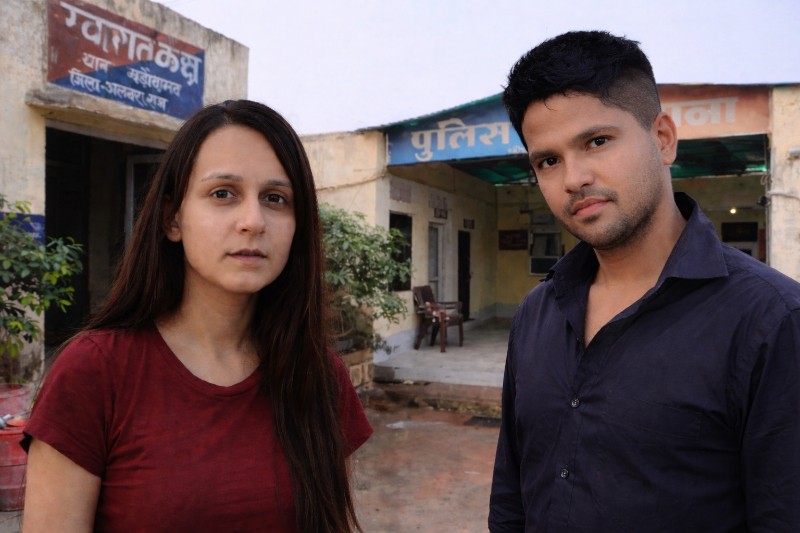
Rajasthan: Two murder convicts fall in love behind bars, granted parole to get married
Jaipur/IBNS: A relationship that began behind prison walls is set to culminate in marriage, after two convicted murderers were granted parole to wed in Rajasthan’s Alwar district.
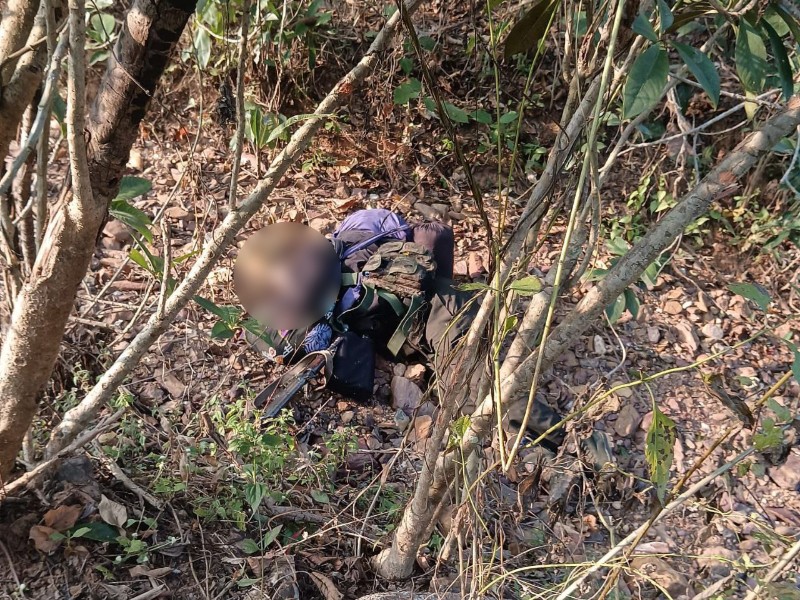
Top Maoist leader with ₹2 crore bounty among 16 eliminated in major Jharkhand encounter
Jamshedpur/IBNS: A senior Maoist leader carrying a cumulative bounty of ₹2.35 crore was among 16 Naxals killed during a prolonged gunfight with security forces in Jharkhand’s West Singhbhum district on Thursday, officials said.
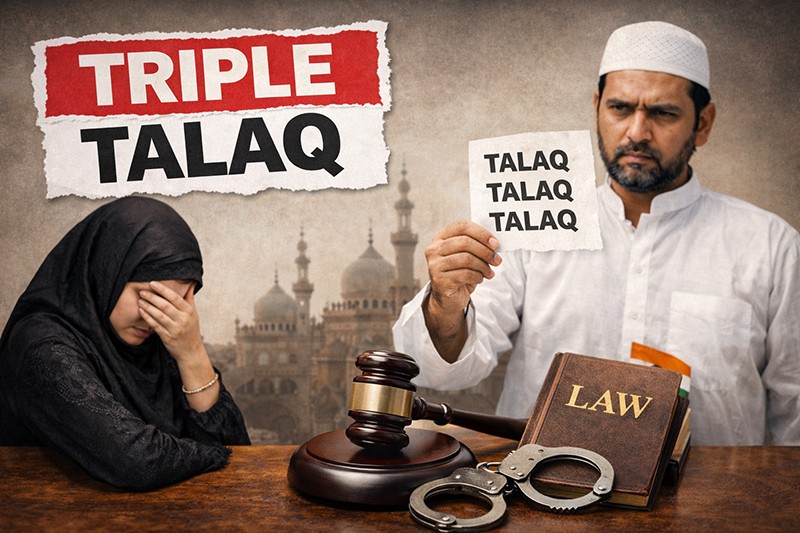
Married at 15, divorced by Triple Talaq at 16, gang-raped under Halala — UP woman’s horror story will shock you
A woman from Uttar Pradesh has alleged sexual violence, coercion and child abuse in a case that began as a complaint under the Muslim Women (Protection of Rights on Marriage) Act, 2019, throwing light on the legal grey areas surrounding women’s rights after instant triple talaq in India.
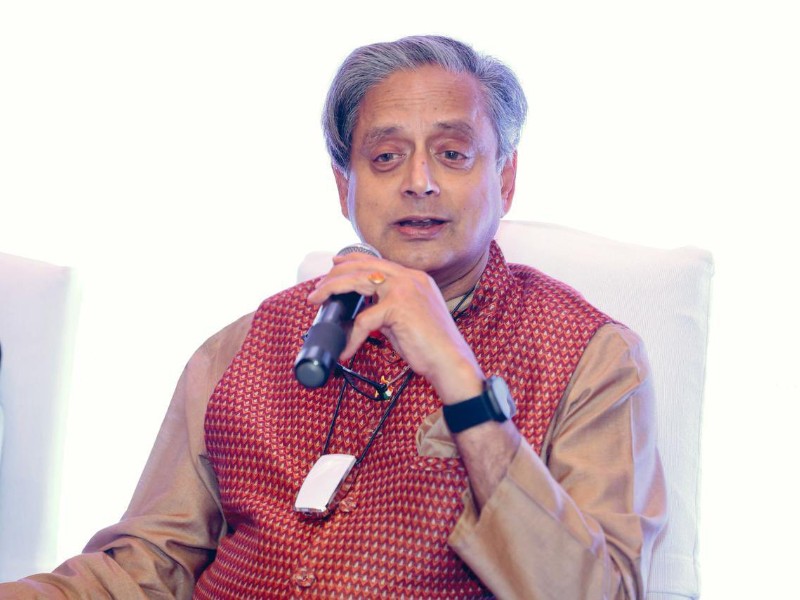
'Insult' in Kochi, silence in Delhi: Shashi Tharoor likely to skip key Congress meeting as party tensions surface
New Delhi/IBNS: Congress MP Shashi Tharoor is likely to stay away from an important meeting convened by the party’s central leadership to discuss preparations for the upcoming Kerala Assembly elections, sources said on Friday.
Latest News
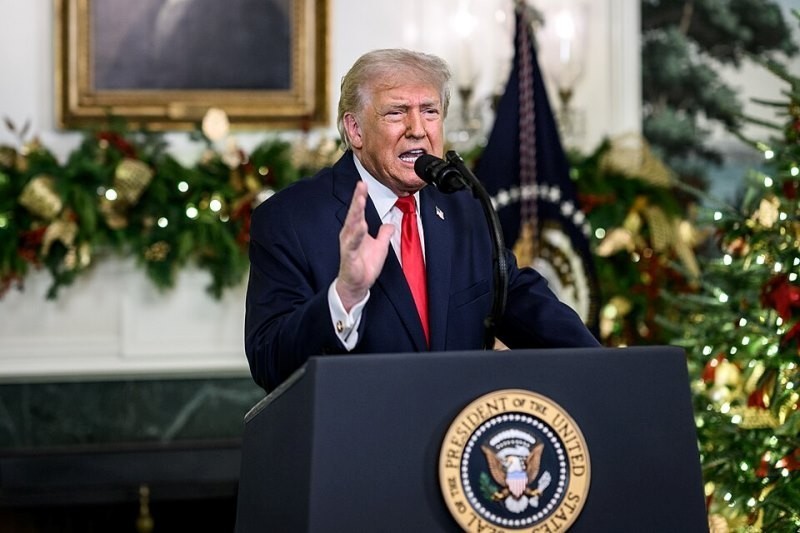
'What happened to global warming?' Trump taunts as a major winter storm hits 40 US states

Karan Johar slams trolls mocking Varun Dhawan as ‘Border 2’ opens to rave reviews
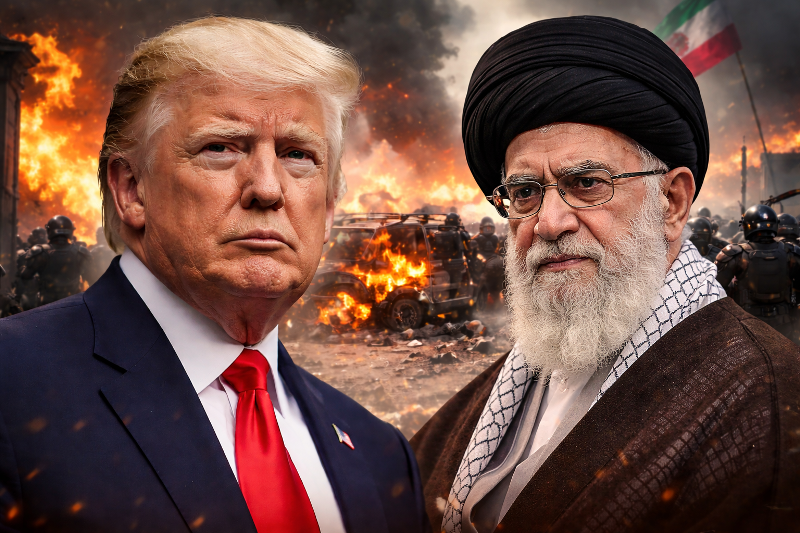
Trump’s ‘Board of Peace’ launch overshadowed by US military buildup against Iran
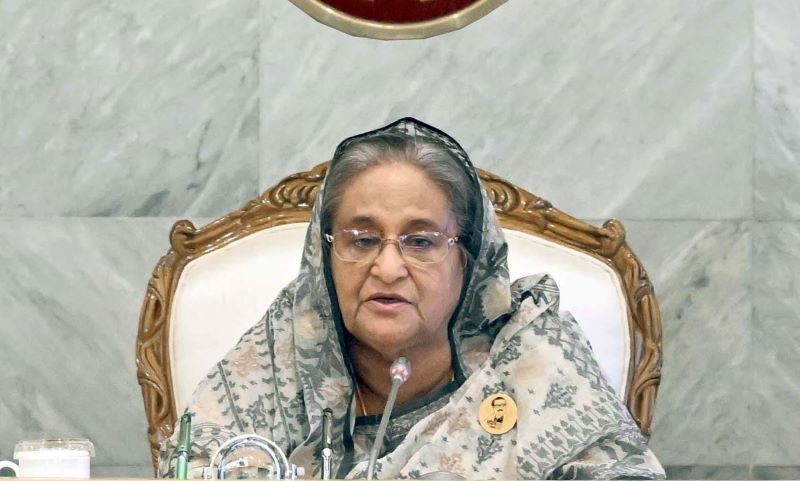
Sheikh Hasina attacks Muhammad Yunus from first public address in Delhi, urges uprising in Bangladesh

